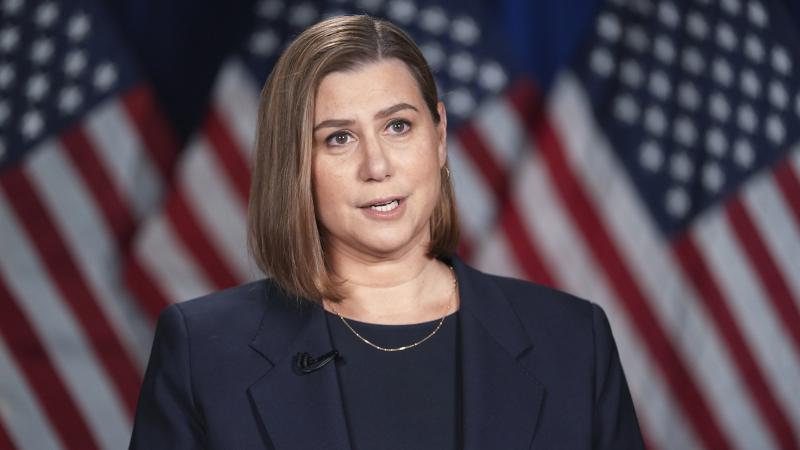Earmark spending nears record levels, growing pressure on Congress to reimpose ban
Citizens Against Government Waste says it has identified 124,212 earmarks at a total cost of $437.5 billion since 1991.
Capitol Hill lawmakers have returned to their old, frequently frowned-upon practice of inserting so-called "earmarks" into spending bills with such abandon for two-years and watchdog groups like Citizens Against Government Waste are arguing that earmarks should be be banned again.
The conservative-leaning watchdog group is calling for their end as Congress begins crafting the country's fiscal 2024 budget, saying that earmark spending reached “near-record levels” in the second year since members of Congress restored the practice after an 11-year moratorium.
An earmark is generally defined as a provision inserted into a discretionary spending appropriations bill that directs funds to a specific recipient – circumventing the competitive or merit-based allocation process.
Lawmakers use them to fund pet projects in their home states or districts to please voters, and they can be added to an appropriations bill to get a member to support the measure.
Earmarks were effectively banned by Congress in 2011.
The nonprofit watchdog group said they were revived for fiscal 2022, first by House Democrats in February 2021, then by House Republicans a month later.
Senate Democrats followed in April of that year. While Senate Republicans voted to uphold the ban that same month, the agreement was non-binding and many of them received earmarks, according to the group's 2023 Congressional Pig Book on earmarks.
The group found that in fiscal 2023 there were 7,396 earmarks – an increase of 43.9% from the 5,138 the previous fiscal year. The total cost of earmarks this fiscal year is $26.1 billion – an increase of 38.1% from the $18.9 billion in fiscal 2022.
In addition, the total $26.1 billion was only about 10% less than the record $29 billion in fiscal 2006, the group also said.
There has been a total of 124,212 earmarks worth $437.5 billion since 1991, also according to the group.
A recently released report by a similar watchdog group, OpenTheBooks.com, found seven of the 10 Capitol Hill lawmakers with the most earmarks spending in fiscal 2023 were Republicans.
May of the top 10, including Sens. Roy Blunt, of Missouri, Richard Shelby, of Alabama, Jim Inhofe of Oklahoma and Patrick Leahy of Vermont – had announced their retirement before the $1.7 trillion spending bill was passed.
Citizens Against Government Waste President Thomas Schatz said that his group's position has consistently been that all earmarks should be permanently banned without exception.
"Shelby had the highest amount of money for earmarks in both fiscal year 2022 and 2023," he said. “If members know that they will not be able to earmark money for their state or district if they are retiring, they will either delay the announcement until after the appropriations process is completed or increase the amount of money for earmarks in the years leading up to their retirement.
The more liberal-leaning Brookings Institution argues in favor of earmarks, saying lawmakers understand the needs of their districts and states, allowing them to target funds for important projects that can solve policy problems and create jobs.
The think tank also said earmark spending accounts for only a small part of discretionary budgets, typically less than one percent.
Schatz was asked if he thinks there’s an appetite in Congress to resurrect the ban on earmarks.
“We think that there is still interest but not a majority to ban earmarks. It may take another series of scandals and taxpayer outrage to convince enough members that as CAGW has stated many times, earmarks are the most corrupt, costly, and inequitable practices in the history of Congress,” he said.
The $1.7 trillion FY2023 omnibus spending bill funds the government through September 30 so Congress needs to pass a new spending bill before that deadline.















